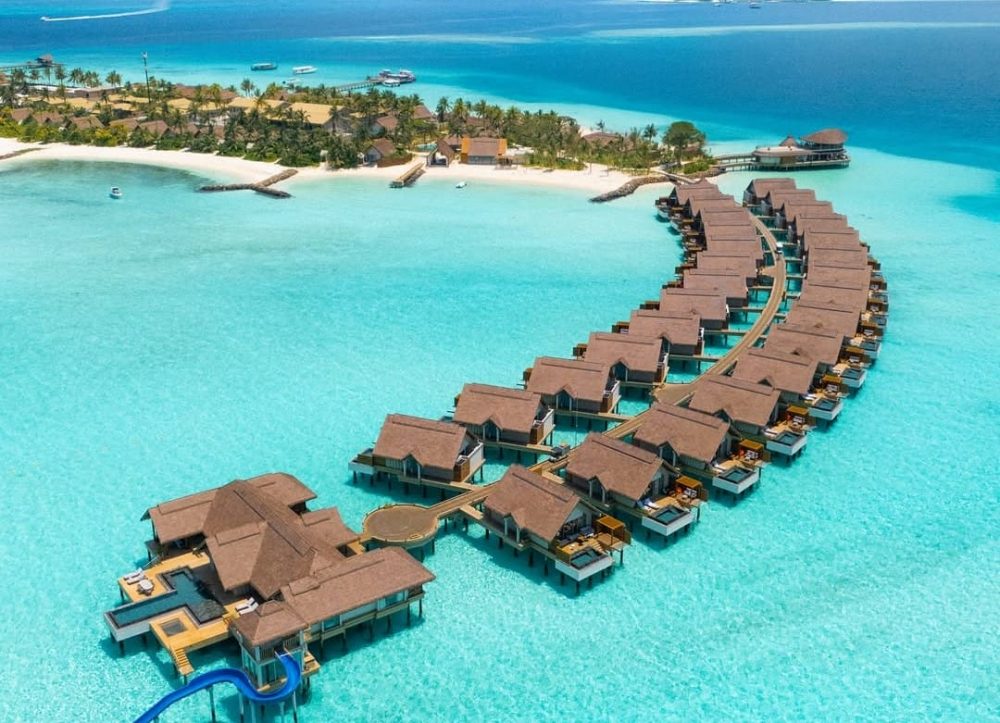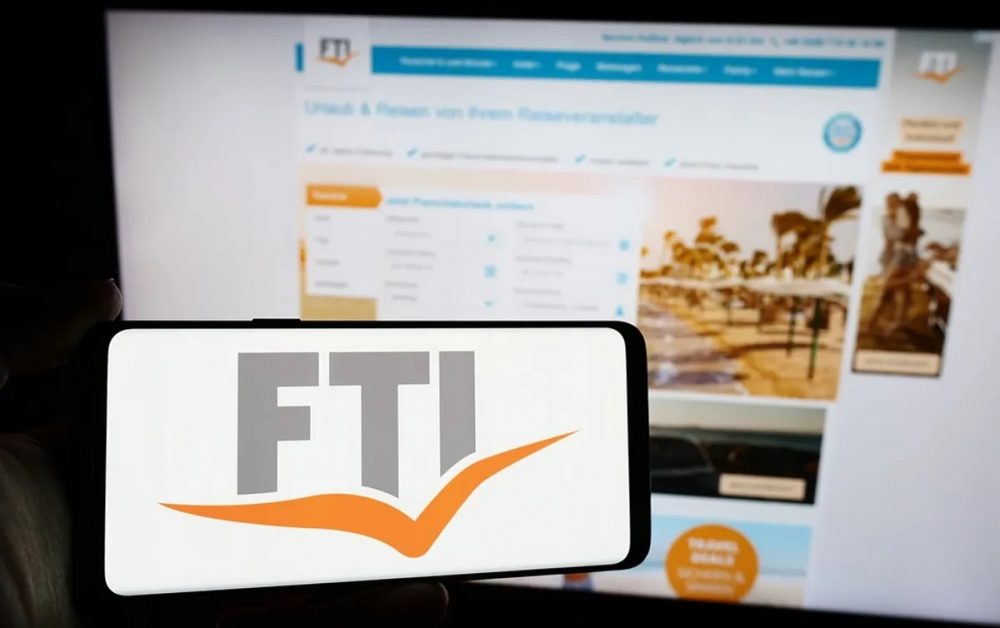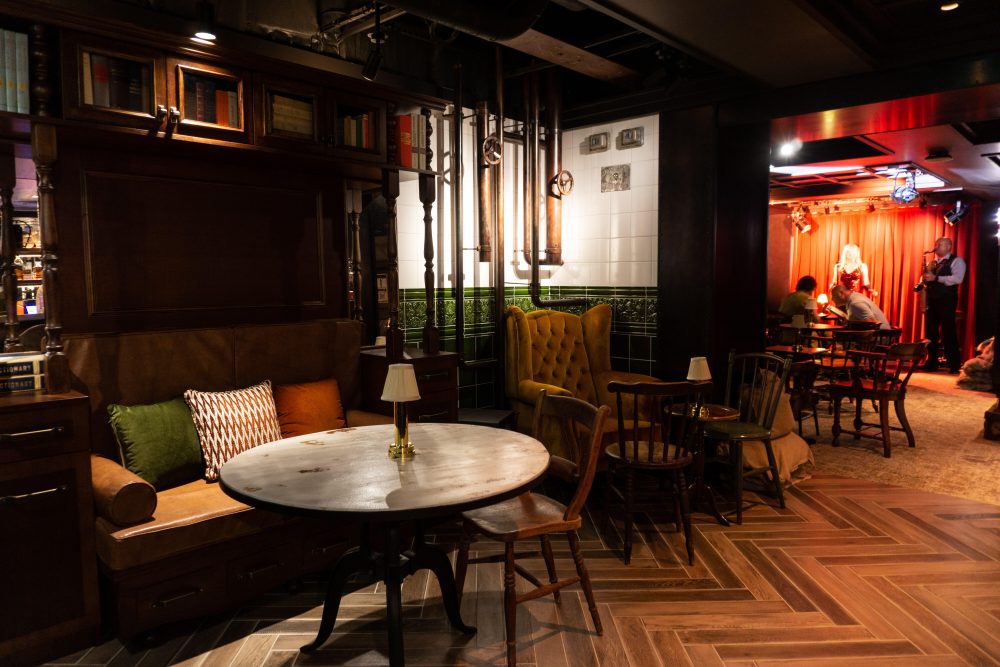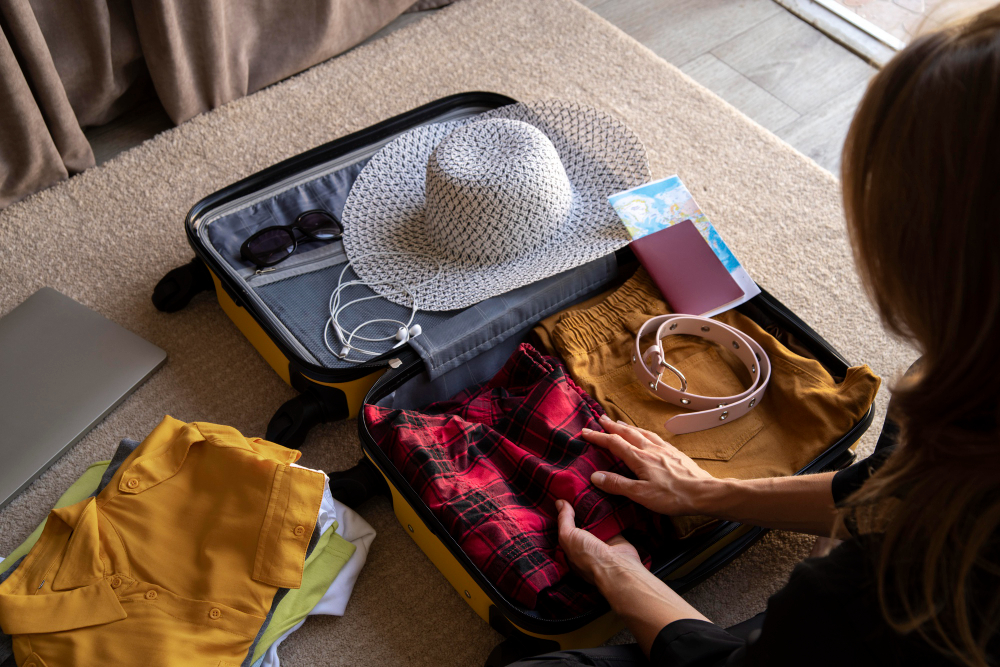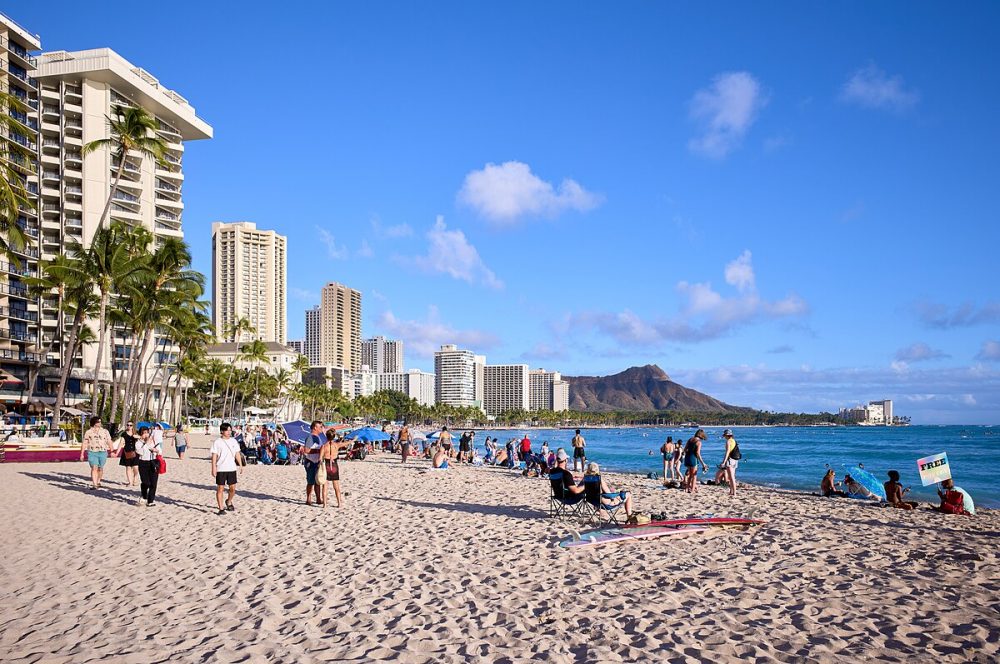Constant notifications and endless scrolling can leave you feeling drained, even on vacation. That’s why digital detox travel is gaining traction among solo adventurers. By stepping away from screens, travelers can fully immerse themselves in their surroundings, embrace meaningful experiences, and reconnect with what truly matters. It’s a chance to explore with clarity and purpose, distraction-free. This comprehensive guide will explore how digital detox travel is reshaping solo adventures and why it’s capturing the attention of modern travelers.
The Rise of Solo Travel
Solo travel has gained immense popularity, with over 63% of the travel market now represented by individual travelers. This growth spans diverse demographics, from young adults seeking adventure to seniors aiming for serene retreats. Younger travelers often prioritize cultural immersion and self-discovery, while older individuals seek tranquility and relaxation. This diversity fuels the demand for tailored travel options, with many solo adventurers favoring digital detox experiences to escape the digital overload of daily life.
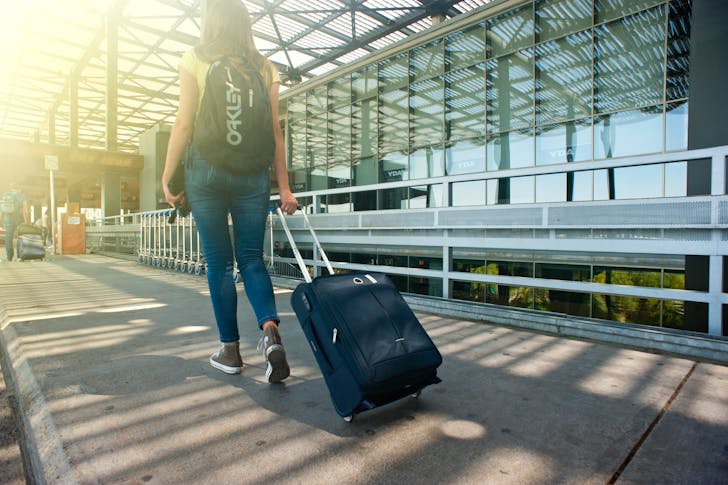
Oleksandr P | Pexels | Solo travel has gained immense popularity, with over 63% of the travel market now represented by individual travelers.
Why Solo Travelers Opt for Digital Detox Travel
For solo travelers, independence and freedom are key motivations. Many prefer crafting their schedules without the need to compromise with others. Younger adventurers value exploration and spontaneity, while older travelers enjoy autonomy and the chance to meet new people. Across all age groups, personal growth remains a priority, with many using their journeys as opportunities for reflection and self-improvement.
Digital detox travel aligns seamlessly with these goals, encouraging a deeper connection with nature and local cultures. By stepping away from screens, solo adventurers cultivate mindfulness, clarity, and a renewed sense of purpose.
How Hospitality Adapts to Digital Detox Demand
Hotels and resorts are tailoring their offerings to appeal to solo travelers seeking a digital detox. Wellness-focused programs, like yoga retreats and meditation workshops, cater to those prioritizing physical and mental well-being. Nature-centric experiences, such as hiking trails and beachfront escapes, provide serene environments for travelers to unwind and recharge.
Additionally, hospitality providers emphasize safety, particularly for female travelers, through attentive staff and secure facilities. Authentic local cuisine and curated cultural activities enrich the experience, offering a meaningful connection to the destination. While solo travelers often desire device-free environments, easy booking platforms remain essential, blending convenience with the promise of digital disconnection during the stay.
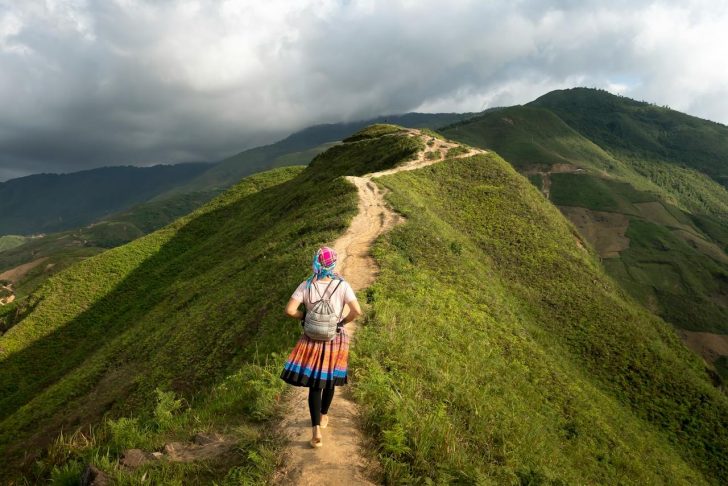
Quang Nguyen Vinh | Pexels | Nature-centric experiences, such as hiking trails, provide serene environments for travelers to unwind and recharge.
The Economic Value of Solo Travelers
Solo travelers represent a high-value market for the hospitality industry. Women, in particular, often invest in premium wellness retreats and luxury accommodations. This group’s focus on health and personal development makes them a lucrative audience for hotels offering digital detox packages.
Male solo travelers also contribute significantly, favoring adventure-driven detox experiences. Activities like hiking, scuba diving, or rock climbing paired with digital disconnection cater to this demographic’s preferences. The hospitality sector can maximize its appeal and profitability by targeting these distinct groups.
Geographic Trends in Digital Detox Travel
The digital detox movement is flourishing across regions, each offering unique attractions for solo adventurers. In the United States, national parks and remote mountain lodges provide ideal getaways for disconnecting. Europe’s spa retreats and countryside escapes attract those seeking relaxation and rejuvenation. With its renowned wellness destinations in Bali, Thailand, and India, Asia draws travelers focusing on holistic well-being. Meanwhile, Australia and New Zealand offer outdoor adventures and tranquil beaches, perfect for unwinding away from digital distractions.
By embracing digital detox trends, hospitality providers in these regions can tap into the growing demand for intentional travel experiences. Solo travelers’ willingness to explore lesser-known destinations creates opportunities for local businesses to gain visibility and recognition.
The Future of Digital Detox Travel
Digital detox tourism is not just a passing trend. It reflects a broader shift toward mindful travel and intentional living. Projections indicate that this market will grow significantly in the coming years, offering immense potential for destinations that prioritize wellness, safety, and cultural authenticity. Hospitality providers that align their services with solo travelers’ evolving expectations are well-positioned to thrive in this transformative era.

